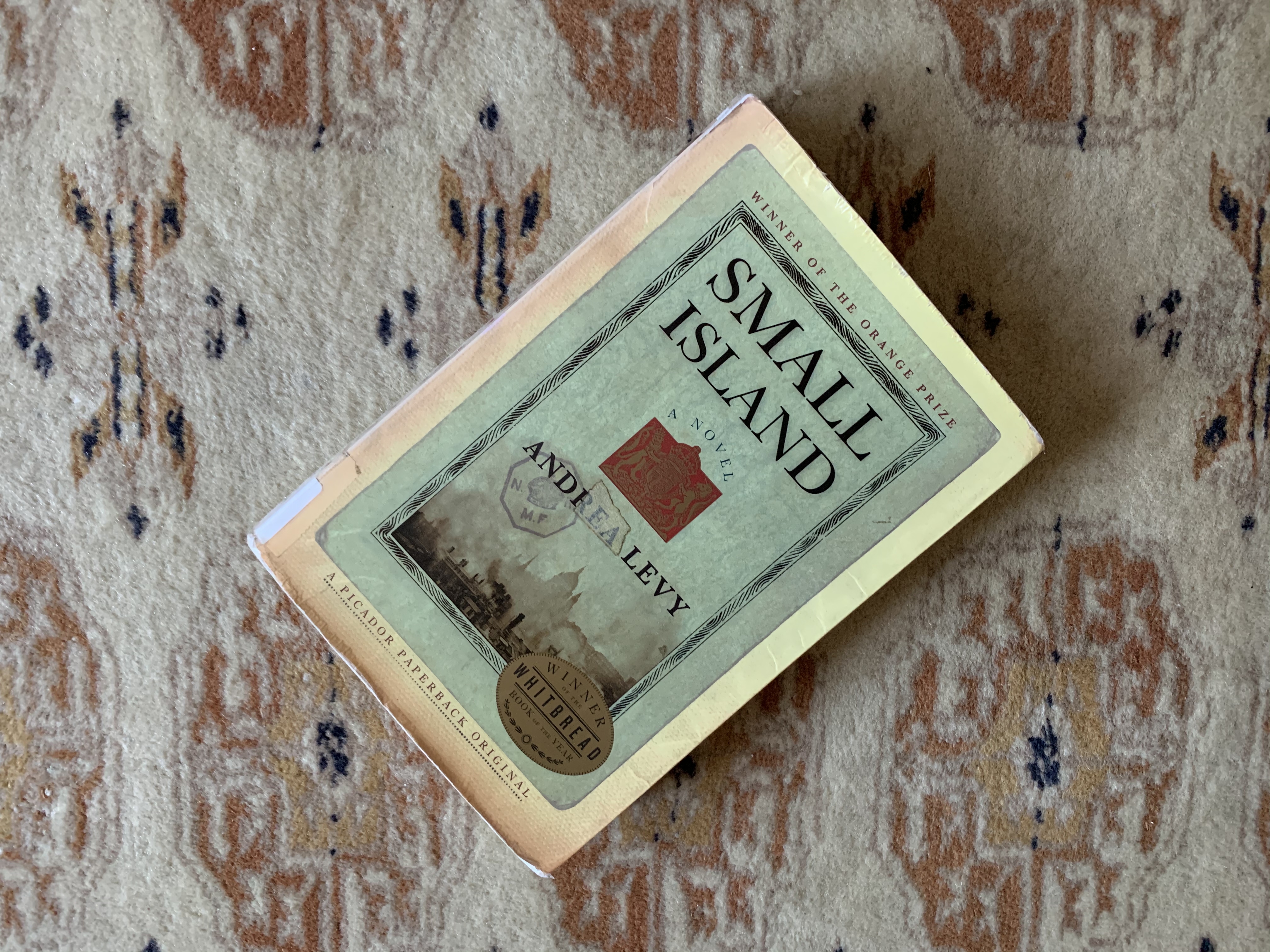It was a James Thurber short story that first clued me into the fact that literary staples vary from country to country, even within the Anglophone world. Americans read Brits, and Brits read Americans. Americans read very few Canadians and even fewer Australians, but they read themselves and each other and us besides. Name-dropping certain books means something to English speakers from each country and nothing to English speakers not from those countries. Case in point: When I mention Andrea Levy’s Small Island to my British friends, they know exactly what I’m talking about. when I mention it to my American friends, they have no idea. But they should.
Small Island is a multi-voiced novel that tells the story of a handful of Jamaican characters who relocate to England and the English people whose lives they touch. Bouncing back and forth in time and space, it charts an “immigrant” experience that varies so widely from any I’ve read previously – and, indeed, from an Americo-focused narrative – by virtue of the fact that everyone in the book, from the Jamaican narrators to the English residents of Earl’s Court, London, to the Indians depicted while one of our narrators is stationed in Calcutta – are British subjects. The “small island” of the title (or, at the very least, one of them, if the second is Jamaica) is the chief uniting factor among these people; serendipity is the other.
One must have no small amount of suspension of disbelief to buy into some of the missed connections here, but it’s mostly addressed so deftly and consistently that it’s not a problem. (Until the end. Please read this book so we can talk about the end.) What I loved most of all was Levy’s keen ability to inhabit so many minds and perspectives. And while, as with any multi-POV book, I had my favorites, each voice brought a new sense of understanding regarding the interconnectedness and simultaneous disconnect among the crowd of characters that comprise this book. It’s a satisfying read with beautiful prose, and I highly recommend it, particularly as a step outside of America-centric historic Black experiences.
